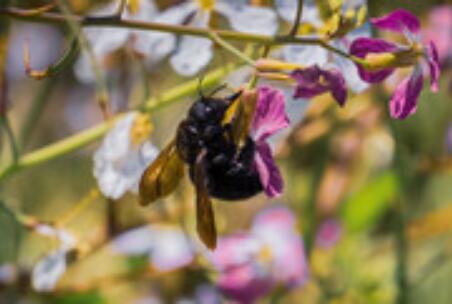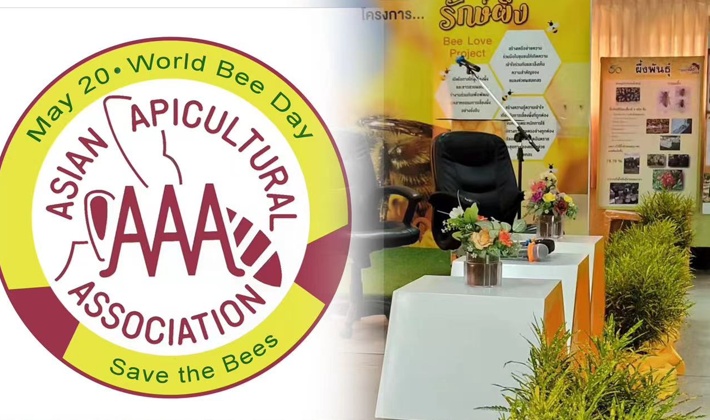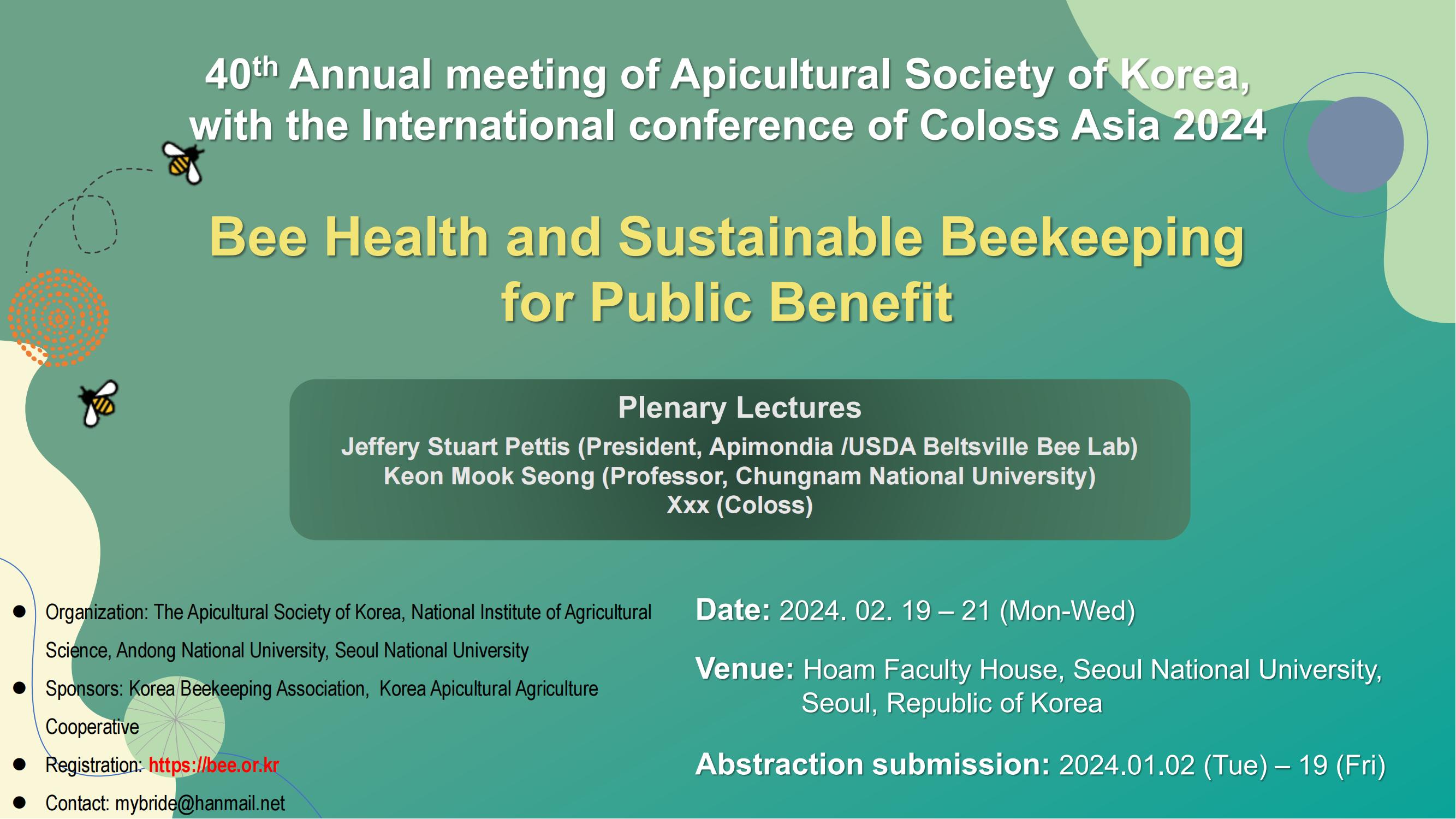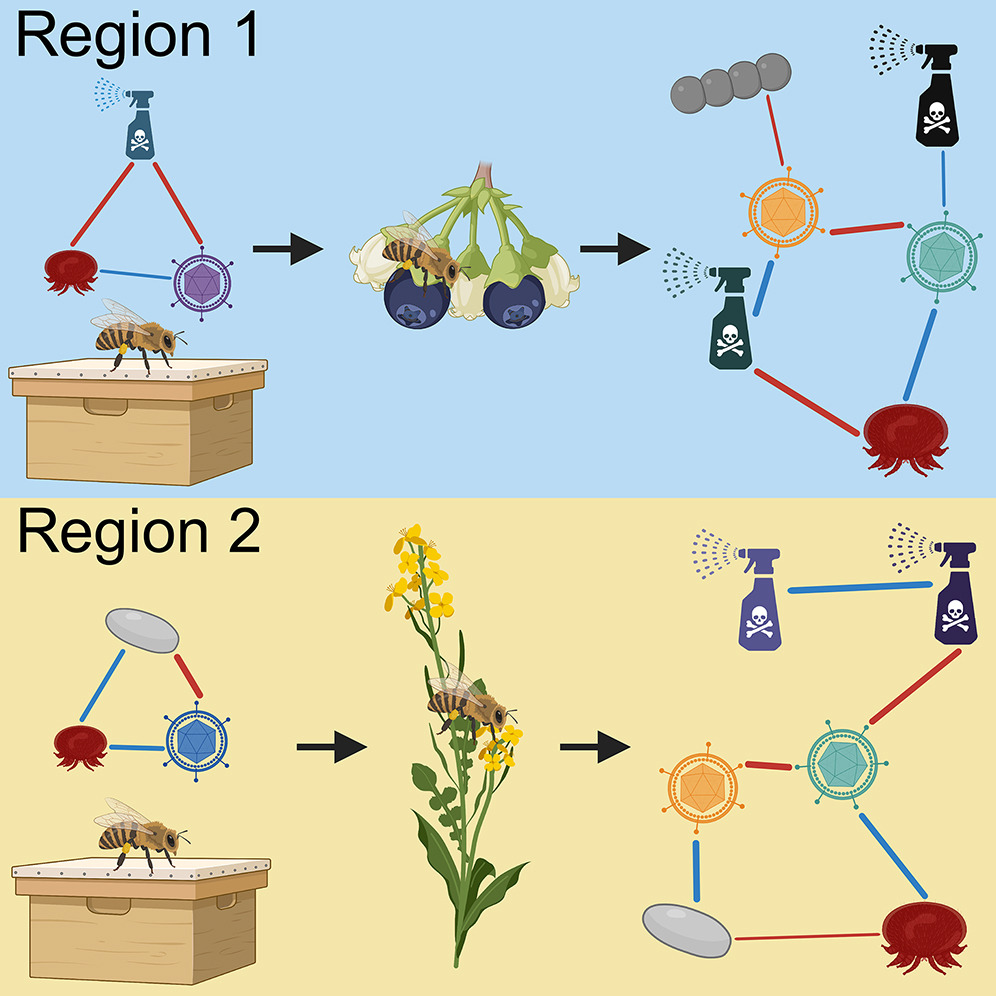
Bees are essential for most of the fruit
and vegetable crops produced in New England. The value of pollination to
agriculture is estimated at more than $200 billion a year worldwide. However,
the abundance of and diversity of pollinators are declining in landscapes
across the United States.
At the New Hampshire Agricultural
Experiment Station at the University of New Hampshire (UNH), scientists are
conducting research that not only assesses the state of native bees but also
developing ways that citizens can help support these important members of our
ecological and agricultural communities.
Experiment station researchers have been
assessing the status of the state’s native pollinators. In the first-ever
assessment of New Hampshire’s bee population, scientists found that the Granite
State has more than 100 native bees. They even discovered nearly 20 bee species
that had not been previously documented in the state. The White Mountain
National Forest alone is home to nearly 140 species of native bees, including
two species of native bumble bees that are in decline in the Northeast.
|







